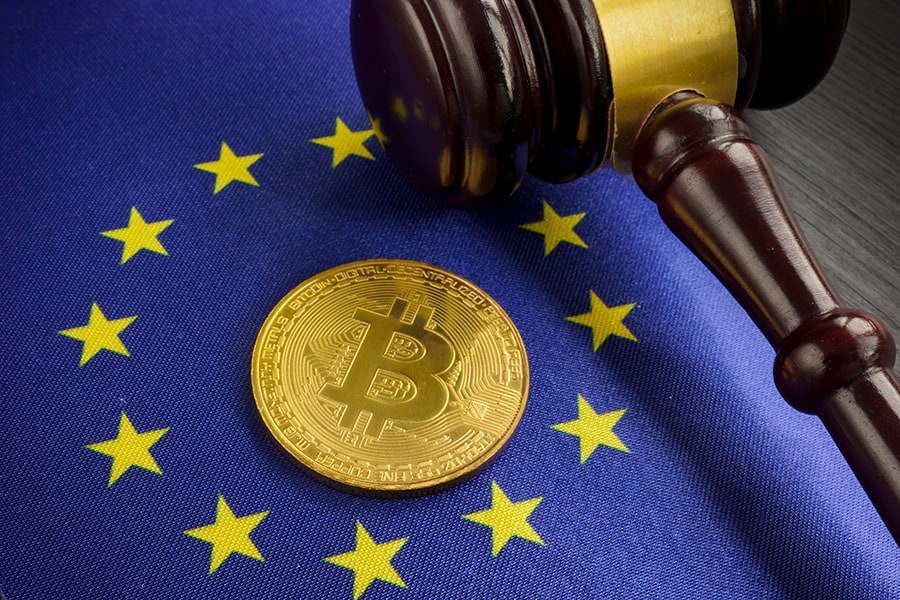
EU adopts new tax data sharing rules to enhance crypto regulation
The new tax rules draw upon MiCA definitions to cover crypto-assets including, decentralised cryptos, stablecoins, e-money tokens, and specific NFTs
 Image: Shutterstock
Image: Shutterstock
On October 17, the European Union (EU) adopted a directive to amend its rules on administrative cooperation in taxation (DAC8). The directive aims to enhance the legal framework regarding crypto among tax authorities.
The Directive on Administrative Cooperation in the Field of Taxation (DAC8) mandates that crypto-asset service providers (CASPs) must disclose their customers' transactions to tax authorities, with a specific focus on reporting data related to crypto transactions involving high-net-worth individuals.
The rules for the DAC8 directive were initially proposed in 2022 by the European Commission at the request of the EU. On May 16, the European Council agreed on the need for amendments to the directive.
On September 13, the European Parliament gave its thoughts on the directive through a ‘consultation procedure’. On October 17, member states in the European Council adopted the directive unanimously. The directive is set to be published in the official journal soon. It will enter into force on the twentieth day following its publication.
The new tax rules cover crypto-assets building on the definitions set in the Markets in Crypto-Assets (MiCA) regulations. Decentralised cryptos, stablecoins, e-money tokens and a few non-fungible tokens (NFTs) will be included.





